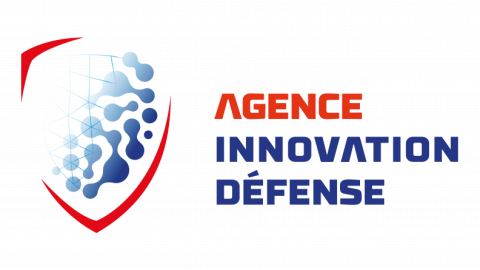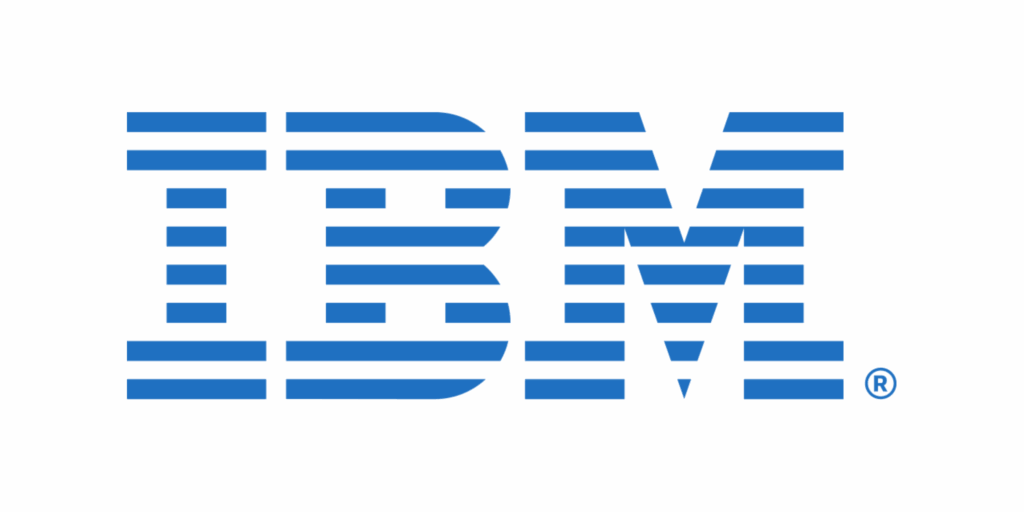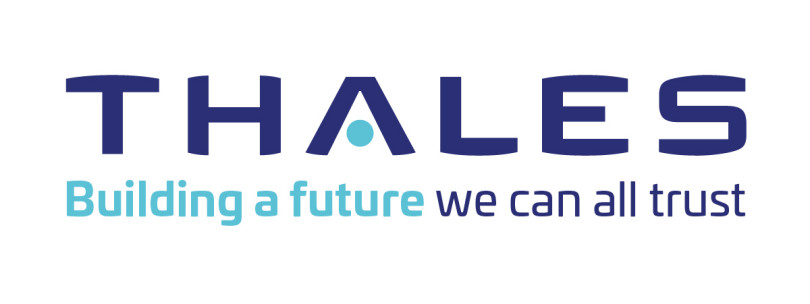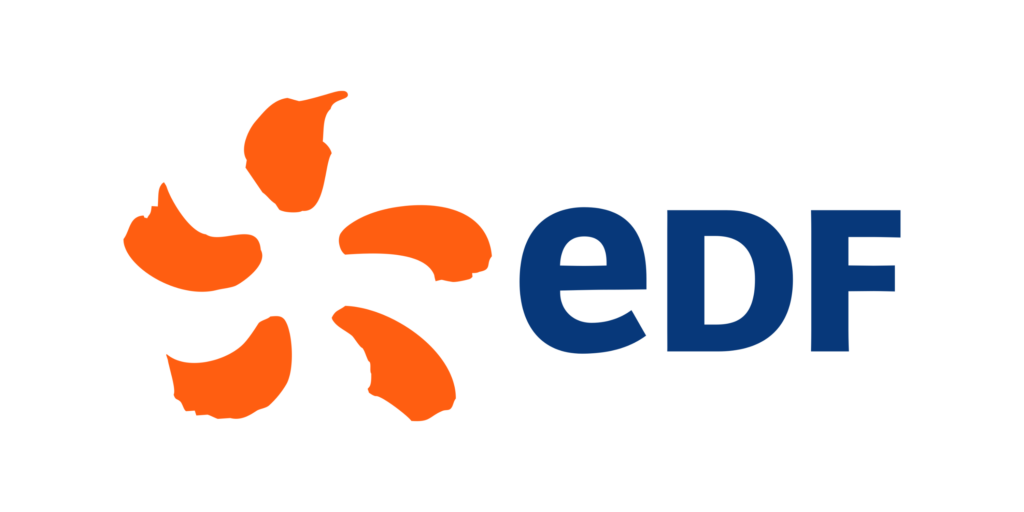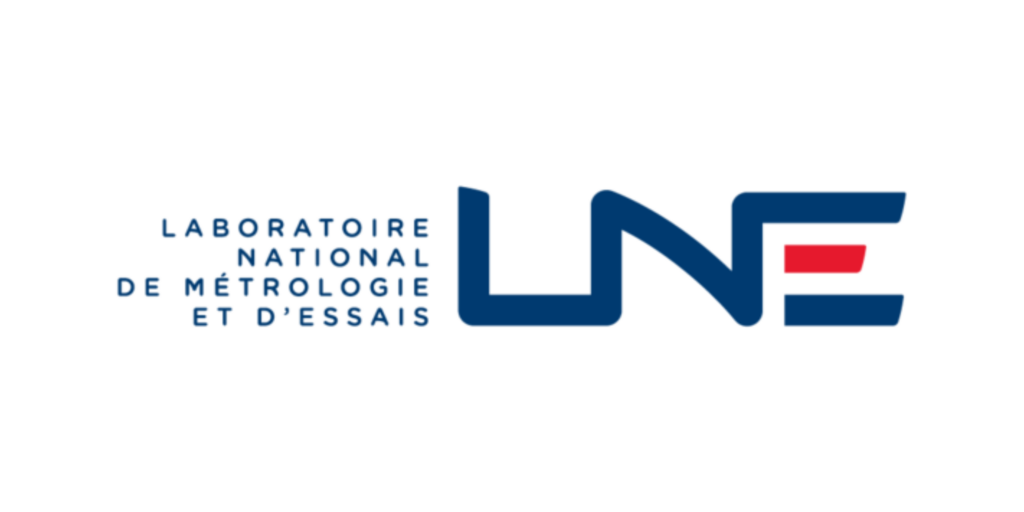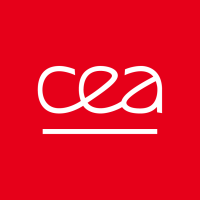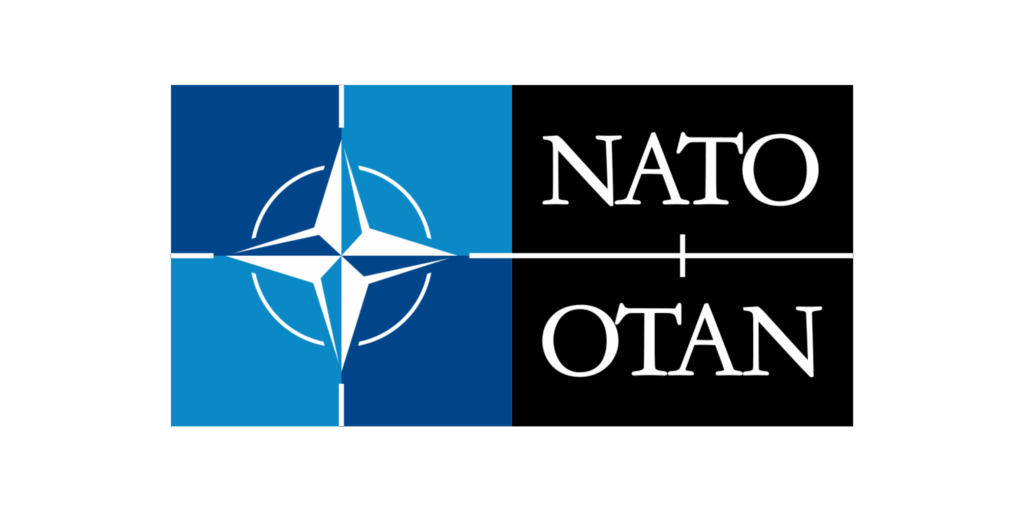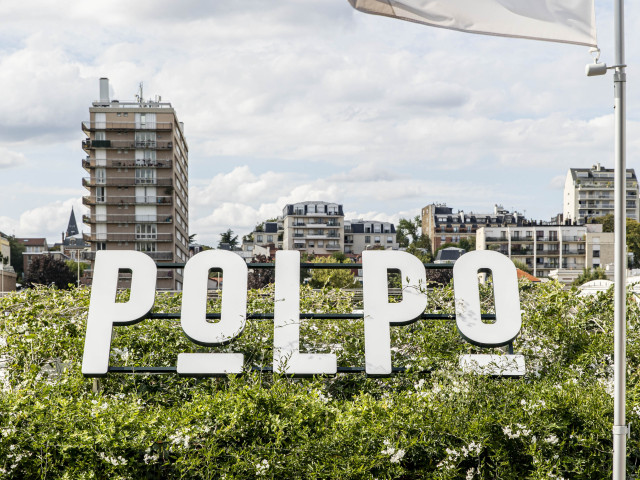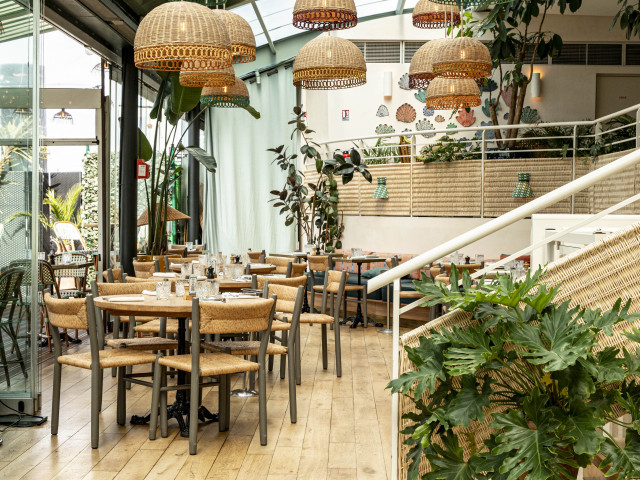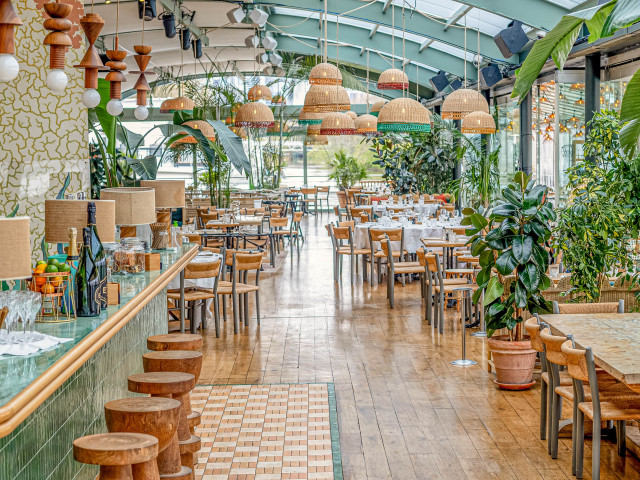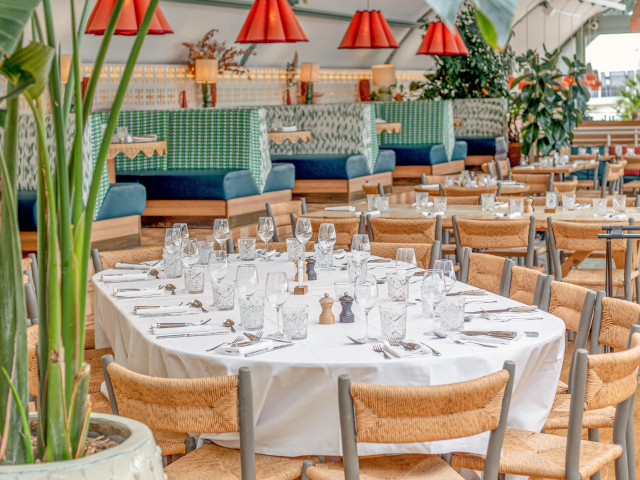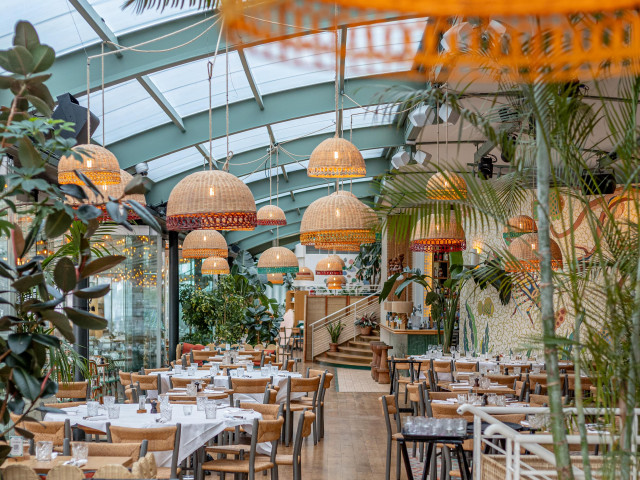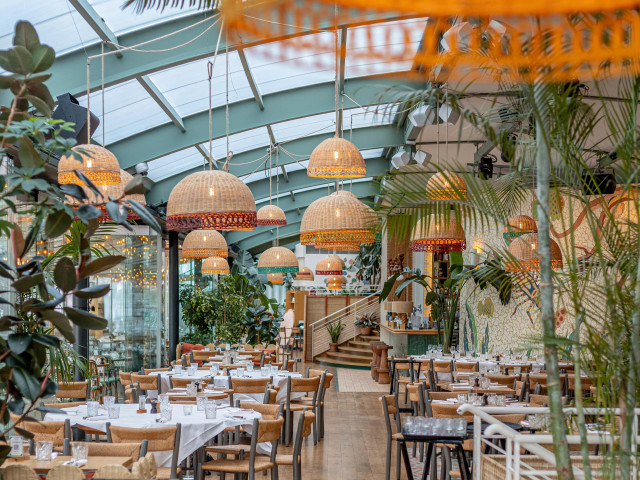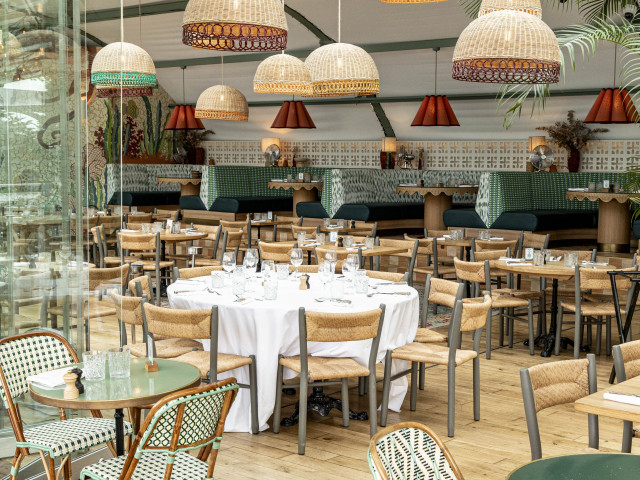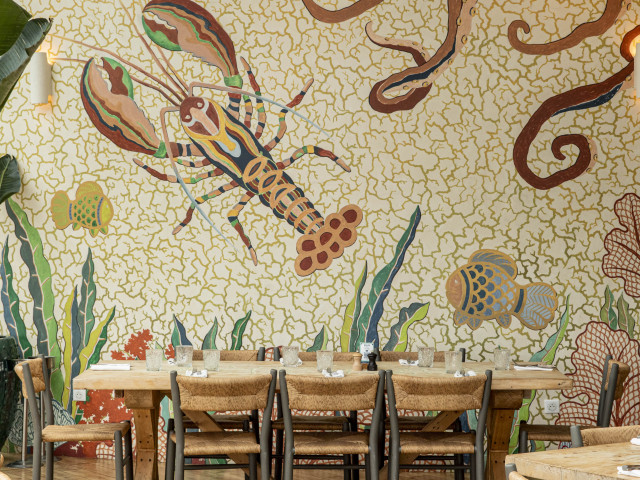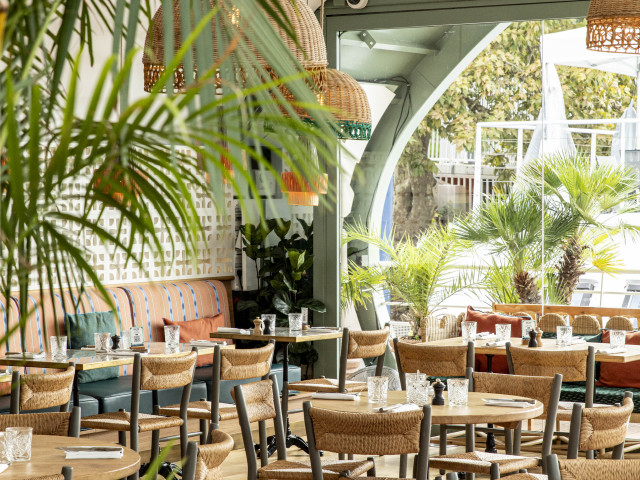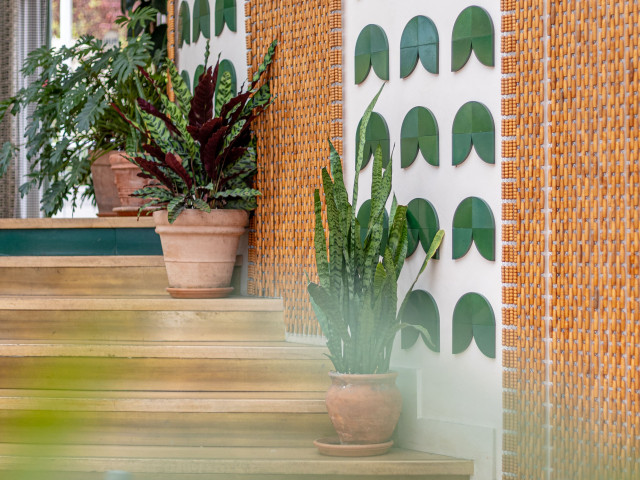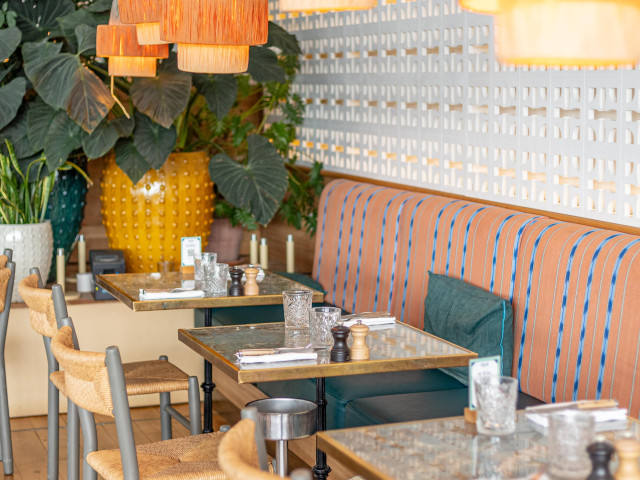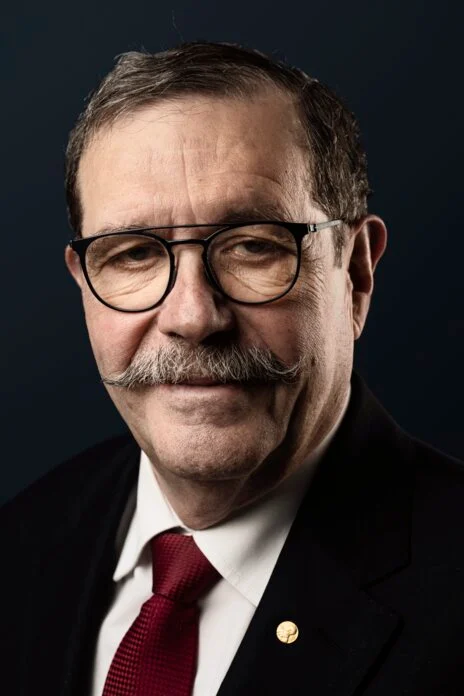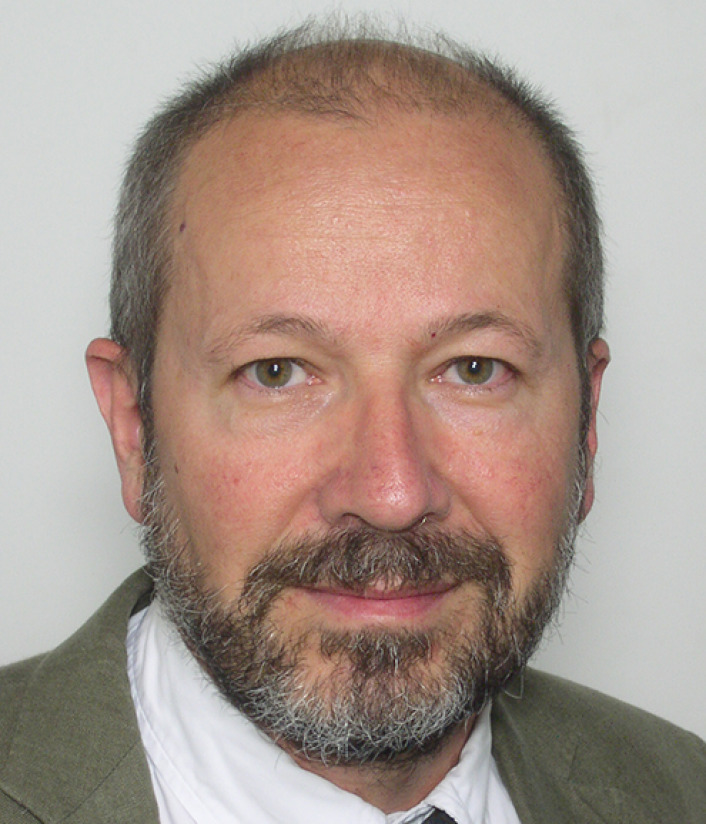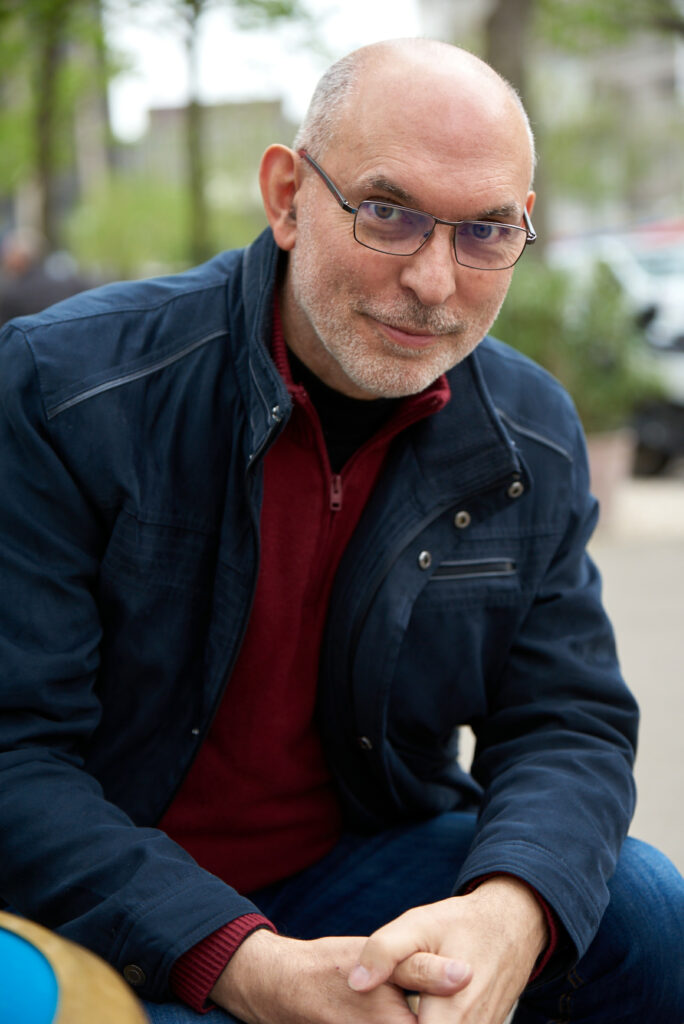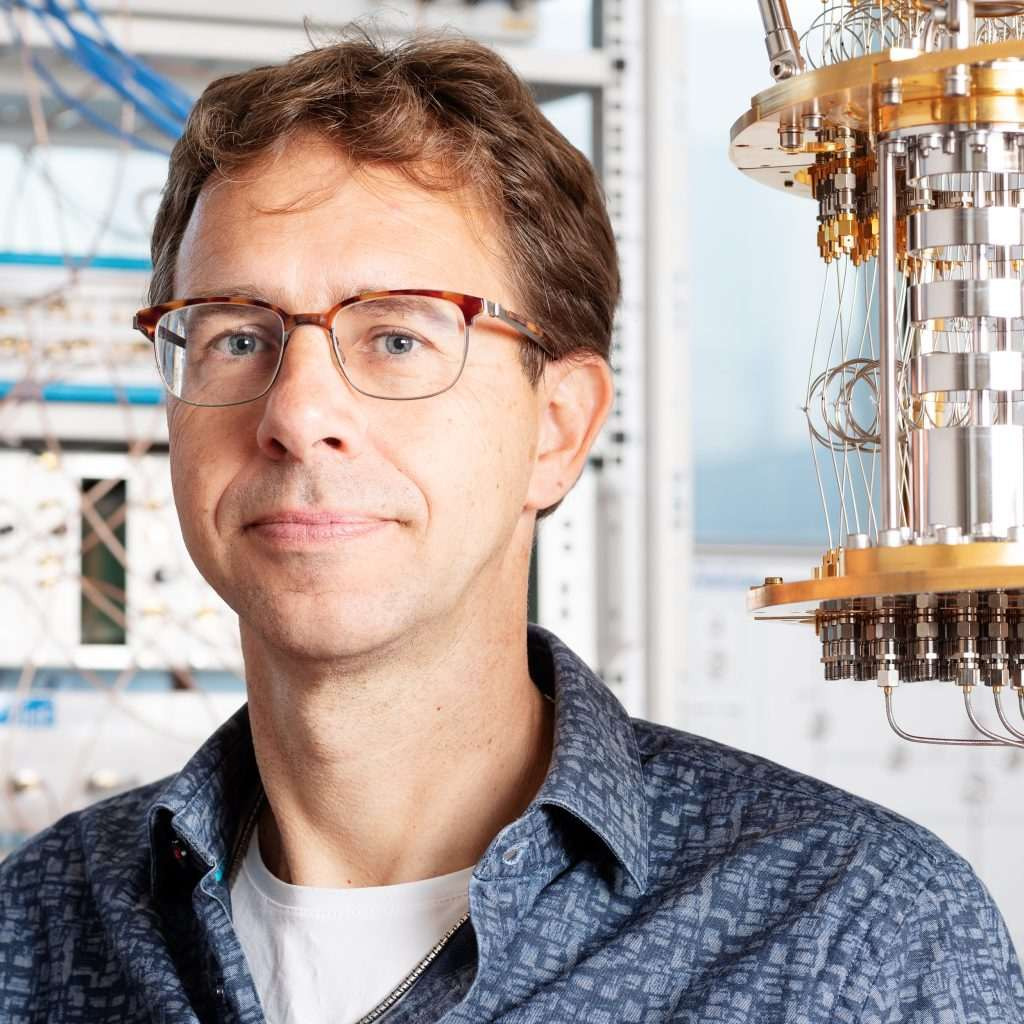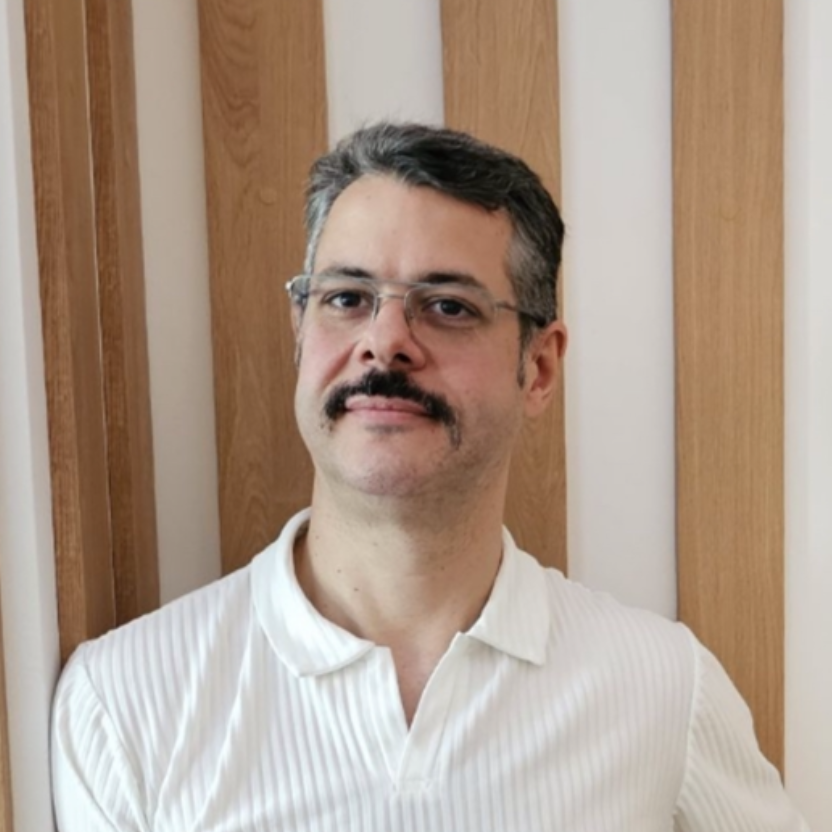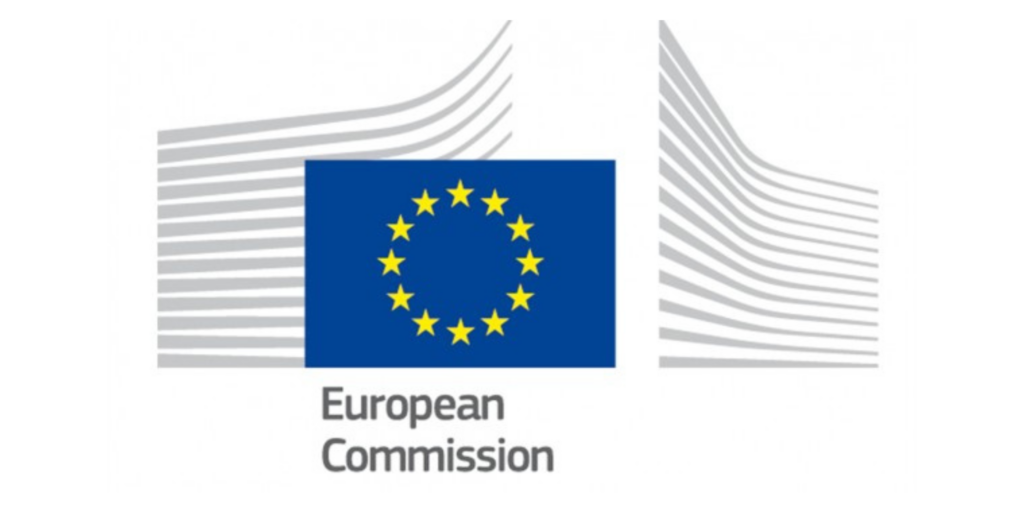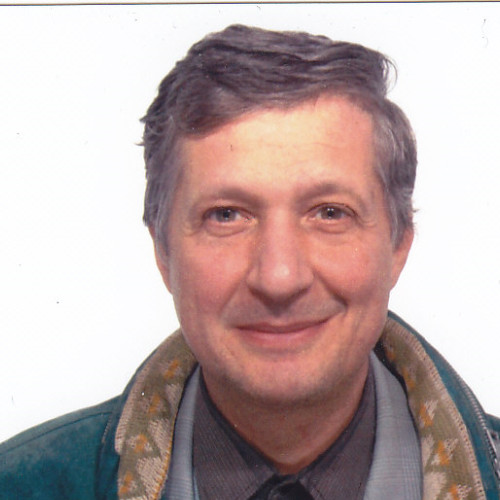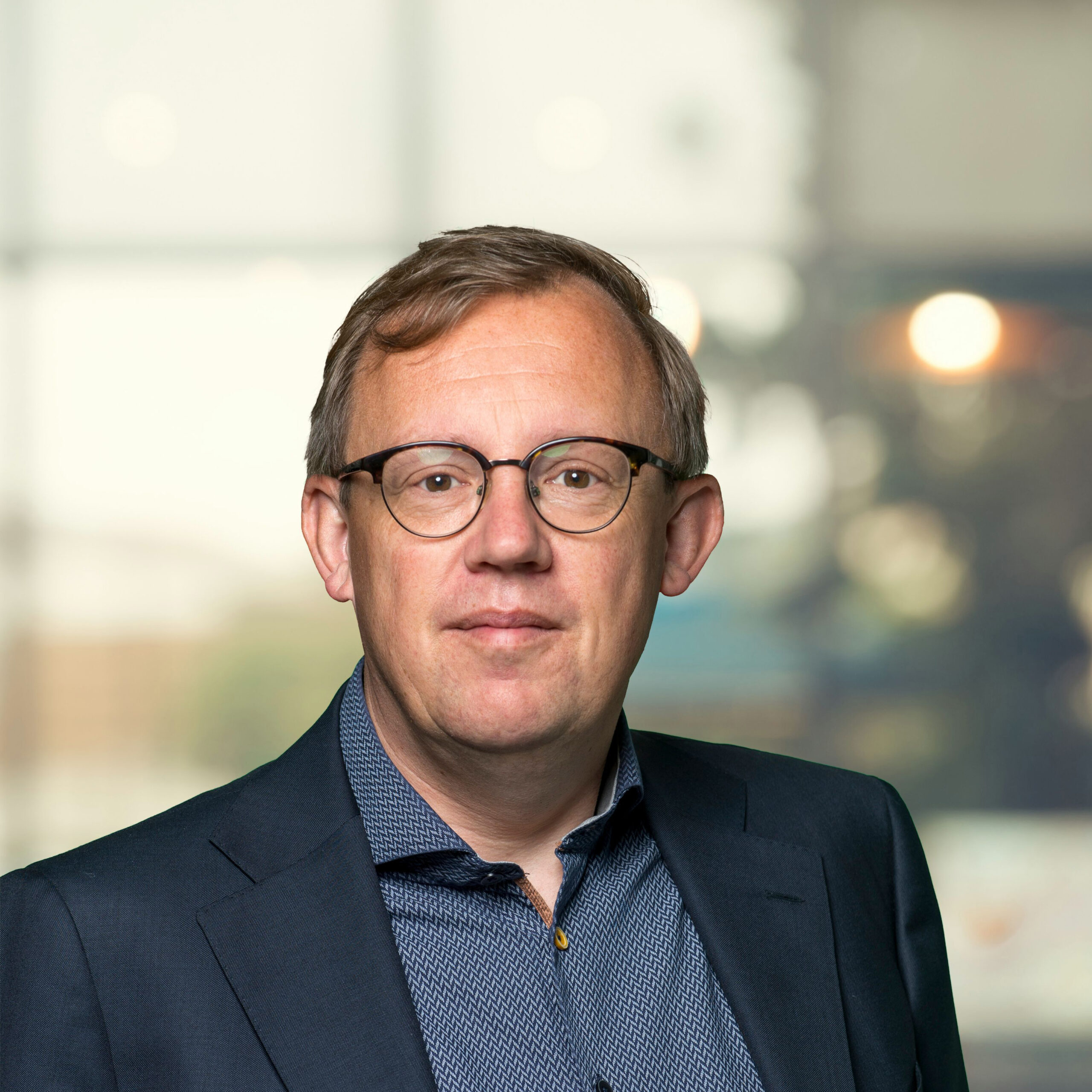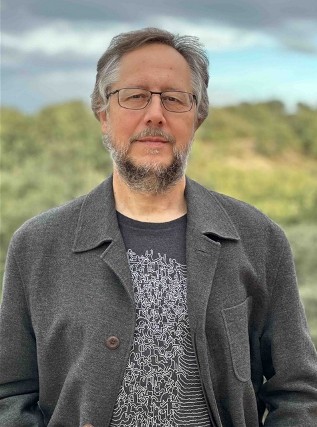Sponsors
QUEST-IS 2025, 1st International Quantum Engineering conference and exhibition will gather many companies working in the quantic ecosystem from various countries. It gives thus ways to technical matters as quantum computing and algorithms, quantum sensors, quantum communications, crypto and internet, including enabling technologies, and obviously Quantum Engineering targeting Applications for Citizens. This multidisciplinary event place lets attendees from various backgrounds discuss technical challenges of applied quantum technologies and business opportunities with each other.
Why sponsoring QUEST-IS 2025 ?
QUEST-IS 2025, 1st International Quantum Engineering conference and exhibition will gather many companies working in the quantic ecosystem from various countries. It gives thus ways to technical matters as quantum computing and algorithms, quantum sensors, quantum communications, crypto and internet, including enabling technologies, and obviously Quantum Engineering targeting Applications for Citizens. This multidisciplinary event place lets attendees from various backgrounds discuss technical challenges of applied quantum technologies and business opportunities with each other.
Why sponsoring QUEST-IS 2025
Sponsoring an International Quantum Engineering conference offers significant benefits to companies and organizations looking to expand their influence in the quantum technology sector. Here are some key reasons to consider:
1. Targeted Exposure: Gain visibility with top researchers, industry leaders, and policymakers focused on quantum technology.
2. Leadership in Innovation: Sponsorship positions your brand as a supporter of cutting-edge advancements, building credibility.
3. Networking & Collaboration: Access exclusive networking opportunities with potential clients, partners, and key influencers.
4. Market Insights: Stay informed on industry trends and advancements, helping guide your company’s R&D strategy.
5. Talent Pipeline: Engage with emerging talent in quantum research, giving you a recruiting edge.
6. Extended Brand Impact: Enjoy prolonged exposure through event marketing and on-site branding, extending your reach.


Our sponsors fort QUEST-IS 2025 ?
We are proud to present our esteemed sponsors who play a vital role in advancing the field of quantum engineering and computing. This page serves as a platform to recognize the organizations that have generously contributed to the success of QUEST-IS 2025, showcasing their commitment to innovation and excellence in quantum technologies.
As you browse through the logos of our sponsors, you will find leaders in industry, research, and academia who are shaping the future of quantum applications. These organizations represent a wealth of knowledge and experience, offering insights into the latest developments and breakthroughs in quantum engineering.
Explore the sponsor logos below to learn more about each organization’s contributions and initiatives. We encourage you to connect with them during the conference to explore potential collaborations and gain deeper insights into the quantum ecosystem.
Thank you to all our sponsors for their invaluable support!
